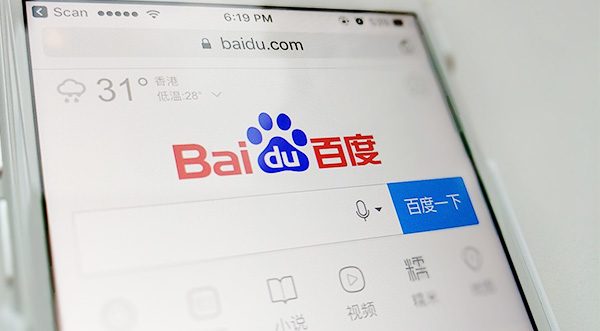Search in China – how Baidu is different from Google
September 7, 2020Chinese search giant Baidu has a lot to celebrate. Having recently thawed its relationship with Alibaba, which has led to the reappearance on searches of Taobao and Tmall following a five-year hiatus, the e-commerce leader is looking to buy as much as $32.6 million worth of keyword advertisements from Baidu in 2013.
For the 564 million Internet users in China (source: CNNIC), Baidu is their Google – it has around 78 percent of the search market, and it’s growing every day.
But, as with most digital activity in China, the way Chinese citizens search for content online differs significantly from the way people source information in the West.
Here’s a brief summary of the key differences:

The younger demographic and their ever-increasing enthusiasm for mobile technology, particularly in areas where it may be difficult to access laptops and PCs, has democratized search for tier two and three cities. And thanks to users’ hunger for information, particularly about branded goods and aspirational lifestyles, their online habits tend toward browsing all the search results on offer, rather than pinpointing specific sites via keyword searches.
Because of this, there’s clearly a difference in search engine “personality,” summed up neatly here:
Baidu asks: “What can I help you to do?”
whereas
Google asks: “What can I do for you?”
Adapting to User Behavior
The way Baidu works takes its user behaviors into account, and as a result there are a number of differences in the way it operates compared with Google:
- *Baidu’s search results allow brands to “pay their way to the top”, as, unlike Google, it blends paid results with organic listings.
- Payment for high ranking in Baidu is just part of the story – natural Chinese search engine optimization is still important, because it contributes to the calculation for how much brands will pay.
- Sponsored listings are available, but as they’re generally not popular with users, they don’t deliver the same level of results as natural listings.
- Baidu has a very clear focus on China – websites that rank highly are in the Chinese language and hosted inside China.
- Brands have the ability to select specific provinces for campaigns, giving them the ability to target regions for promoting their online stores where they may not have physical outlets, and where competition may be less fierce.
Advertising – the Key Difference Between East and West
Contrasting behaviors in browsing behaviors aside, there’s one major difference between search in China and search in the West. While Westerners have a tendency to be suspicious about the honesty of anything that is paid for, the reverse is true in China – they believe that if brands are willing to pay for their presence on the front page of a search engine, they must have something worth checking out.
For most businesses building brand awareness in China, this means taking a different approach when it comes to using Baidu over Google. The kudos attached to high organic search ranking on Google and the investment required in search engine optimization (SEO) to achieve it is not the most efficient way to gain traction on Baidu. Rather, an integrated SEO/SEM strategy – one that combines search engine optimization with paid-for presence – will ensure that the brand is able to secure the recognition it requires.
Search Is Big Business
The Chinese online search market is set to be worth $15 billion by 2015 (source: Analysis International), as online spending in China takes hold. Brands that tune in to the way Baidu and its users work will be in a healthy position to make the most of the growing opportunities search marketing has to offer in China.
Elisa Harca is the regional director of Red Ant Asia.

